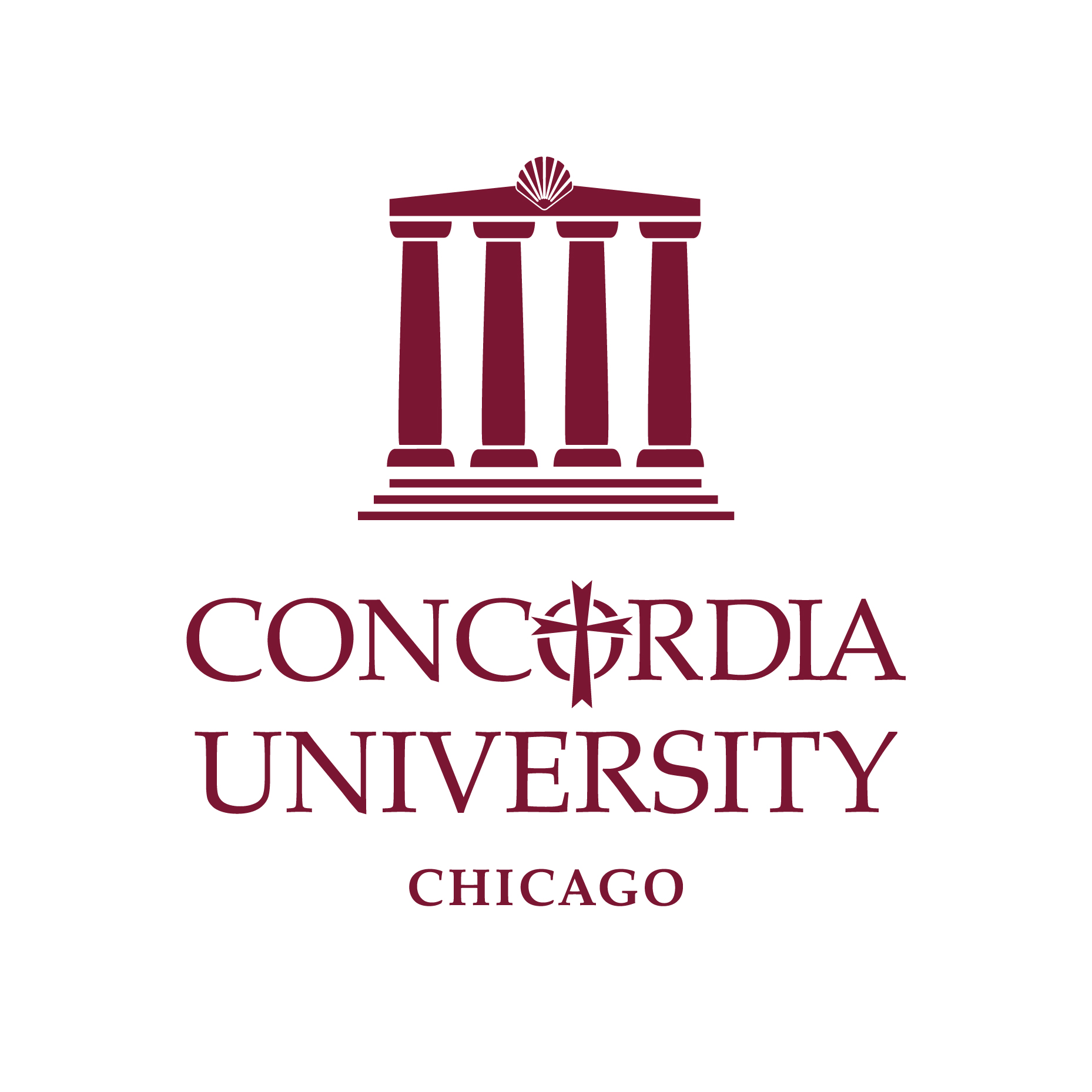Face challenges in the health care industry and become qualified with management positions with this MBA specialization from Concordia-Chicago.
Specialization Information
Health Care (12 hours)
MBAH‐6650 Health Care Systems I
MBAH‐6655 Health Care Systems II
MBAH-6670 Innovative Best Practices in Health Care Management
MBAH 6675 Health Care Analytics
MBA Healthcare Courses
MBAH-6650 Health Care Systems I (3 hours)
An overview of health care systems focusing on the role of values, assessment of health status and analysis of need, access and use of services, supply, demand, and distribution of health resources, analysis of health care costs and expenditures. Cross-Listed: HAL-6100.
MBAH-6655: Health Care Systems II (3 hours)
Examination of the private and public financing of health service, quality of care assessment, control of quality and costs of care, professional self‐regulation and compliance, leadership and administration approaches, and government regulations and system reform. Cross-Listed: HAL-6150. Prerequisite: C or higher in HAL‐6100.
MBAH-6670: Innovative Best Practices in Health Care Management (3 hours)
This course is an examination of best practices in health care innovation management. It focuses on understanding specific methods and techniques of innovation employed by Malcolm Baldrige award recipients in health care innovation. Innovations in the U.S. health care system will also be compared with health care innovations in other countries. Students will focus on how to design and implement their own healthcare innovations. Cross-Listed: HAL-6400. Prerequisite: C or higher in HAL-6100 and HAL‐6150.
MBAH-6675: Health Care Analytics (3 hours)
This healthcare analytics course will introduce graduate students to using patient data, databases, and electronic medical records to manage and improve patient care as well as increase efficiency in both private and public healthcare facilities. The course also introduces the concept of clinical intelligence and explains the role of analytics in supporting a data-driven healthcare system. The course goes beyond data collection, to analyzing collected data and turning it into actionable information. Cross-Listed: HAL-6500. Prerequisite: C or higher in HAL‐6100 and HAL‐6150.
Seminar in Higher Education (EDU 6015)
In addition to the base program curriculum, international students attending face-to-face classes on the CUC campus are required to take the Seminar in Higher Education, a 3-credit course. This requirement will not apply to international DBA students studying exclusively online.
Admission Counselor
Connect with your admission counselor.
